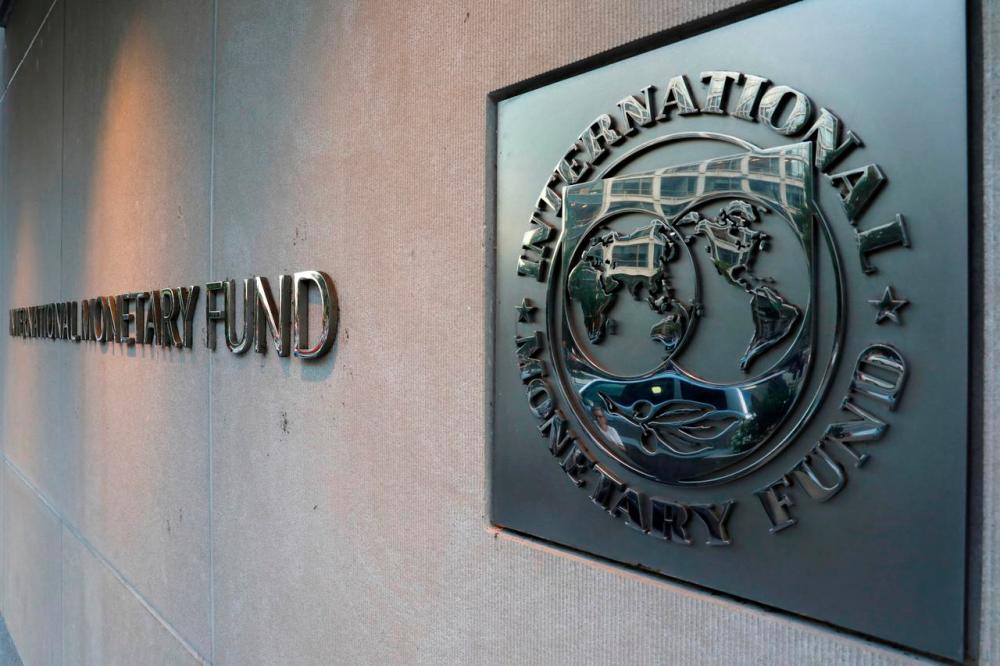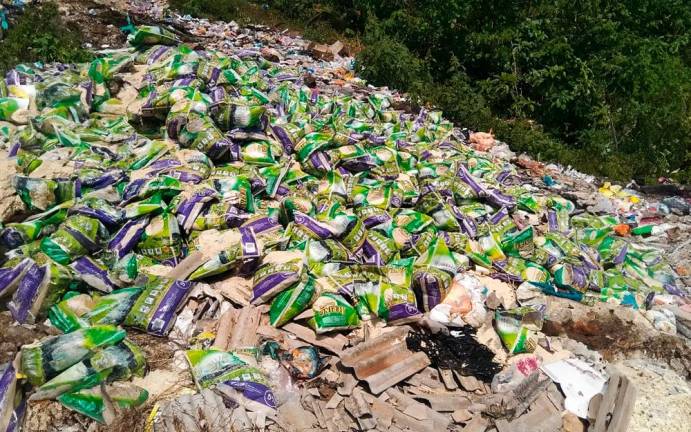WASHINGTON: The International Monetary Fund (IMF) said yesterday that global current account imbalances narrowed in 2019 as trade slowed, and the coronavirus could narrow them further in 2020, but some commodity exporters and tourism-dependent countries will swing to current account deficits.
The IMF's External Sector Report on currencies and imbalances for the world's 30 largest economies showed that net current account balances fell by 0.2 percentage point to 2.9% of global gross domestic product (GDP).
The Fund projected a further narrowing by 0.3% of global GDP in 2020, partly due to massive fiscal and monetary stimulus by many countries and continued pressure on trade.
"Major commodity exporters should see their current accounts going from significant surpluses to significant deficits," IMF chief economist Gita Gopinath said in a webcast presentation of the report.
The IMF projected that Saudi Arabia, which had a 5.9% current account surplus in 2019, will see a deficit of 4.9% in 2018 due to the collapse of oil prices and demand.
Tourism-dependent Thailand and Malaysia will see their surpluses shrink dramatically in 2020, the report showed.
The fund said the US dollar's current account position in 2019, a deficit of 2.3% of GDP, was moderately weaker than warranted by economic fundamentals and would likely narrow to 2.0% in 2020. But it estimated that the dollar's real effective exchange rate was overvalued by around 11% in 2019.
China's current account surplus of 1.0% in 2019, projected to grow to 1.3% in 2020, was broadly in line with economic fundamentals, the IMF said in the report. It estimated that China's yuan was undervalued by around 2% in 2019, largely due to trade tensions with the United States, but said the assessment was "subject to especially high uncertainty."
China's real effective exchange rate had appreciated by 1.8% from the 2019 average through May 2020, the report showed.
On a different front, the World Trade Organization (WTO) expects global trade to fall 13% this year due to coronavirus shocks, significantly less than its most pessimistic scenario of a 32% slump, its outgoing chief said.
Speaking in an online event hosted by ICC Brasil and the Brazilian Confederation of Industry, Brazilian Roberto Azevedo said there is growing concern within the WTO about countries moving toward self-sufficiency as a response to the pandemic.
Concentrating production in a country exposes it to a wide range of shocks, Azevedo said. Nations should diversify sources of supply, and the Covid-19 pandemic will see global value chains reconfigured in the coming years, he added.
Azevedo is due to step down this month, a year earlier than planned, after making a surprise announcement in May. The WTO has struggled to rein in global tensions and coordinate responses to the Covid-19 pandemic.
The Brazilian has been director-general since 2013 and is serving a second term that was due to conclude at the end of August 2021. – Reuters
Tourism-dependent Thailand and Malaysia will see their surpluses shrink dramatically in 2020, the IMF report showed. – REUTERSPIX














